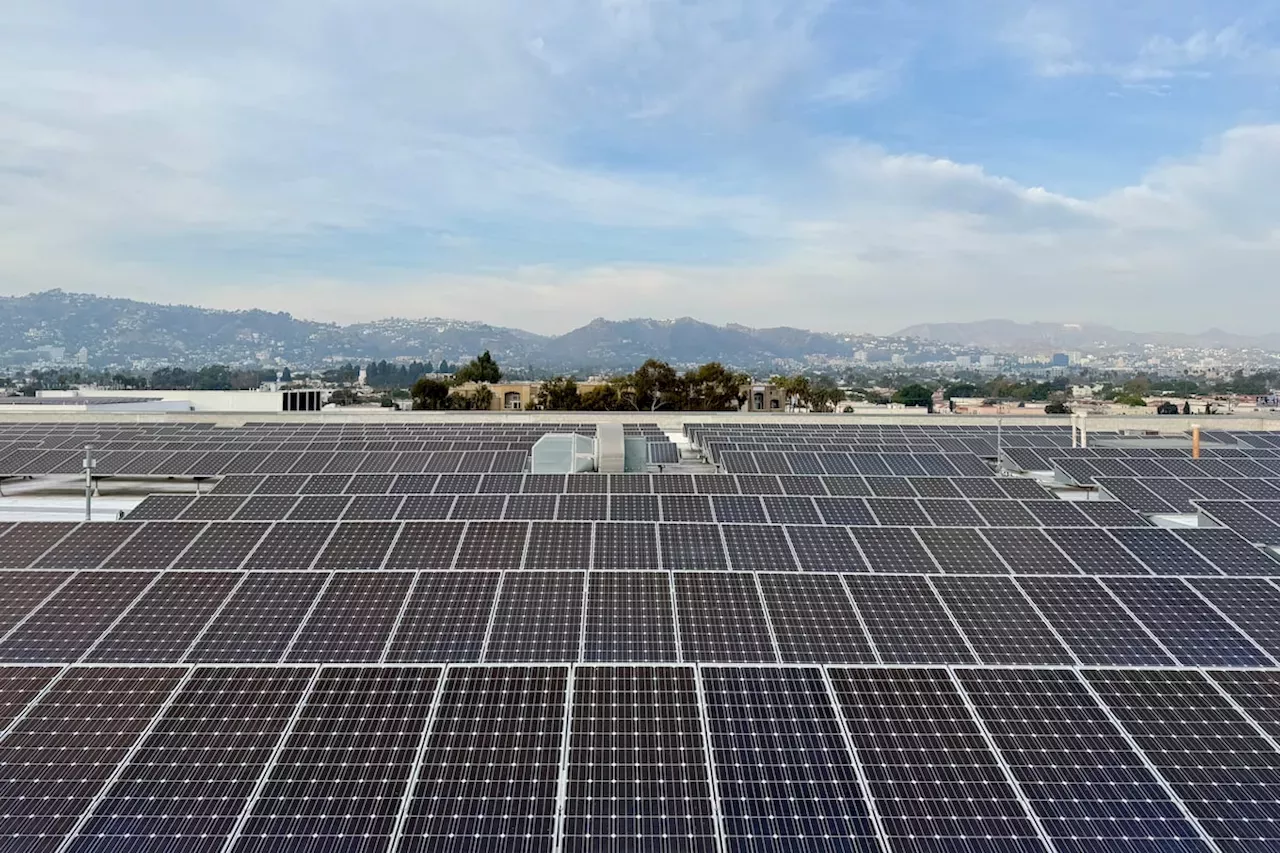Solar electricity generation posted its largest ever annual rise globally in 2024, yet many investors in the solar sector are nursing heavy losses after share prices in major solar firms and exchange-traded funds collapsed. The divergence between generation and returns highlights the challenge facing investors who are looking to benefit from exposure to the world’s fastest-growing source of electricity.
Owning equity in firms engaged in the production of solar components or in the installation of panel systems at generation sites was considered an effective means of tapping continued growth in renewable energy production and demand. But after the bankruptcy in August of the 40-year old U.S. firm Sunpower - which both produced panels and installed solar systems - several major solar equities racked up hefty losses in 2024, forcing investors to rethink their exposure. Going forward, renewables remain at the heart of planned expansions in electricity output worldwide, and solar systems are still the fastest and cheapest way for utilities, businesses and households to scale up clean energy generation. But solar panel makers and installers still face challenges on numerous fronts - from low-cost competitors, labor shortages and high parts and financing costs - which means the solar sector may still face headwinds in 2025 and beyond. Below are some key themes in the solar space that can help investors understand the main developments that stand to shape clean energy investment return potential going forward.China remains the main driver of solar electricity production globally, and over the first 11 months of 2024 boosted solar electricity output by a whopping 44% from the same months in 2023, according to energy think tank Embe
مصر أحدث الأخبار, مصر عناوين
Similar News:يمكنك أيضًا قراءة قصص إخبارية مشابهة لهذه التي قمنا بجمعها من مصادر إخبارية أخرى.
 Solar Panel Company Sues Canada Border Agency Over DetentionCharge Solar Renewables Inc. sued the CBSA, alleging that the detention of solar panels from China caused them to lose market share.
Solar Panel Company Sues Canada Border Agency Over DetentionCharge Solar Renewables Inc. sued the CBSA, alleging that the detention of solar panels from China caused them to lose market share.
اقرأ أكثر »
